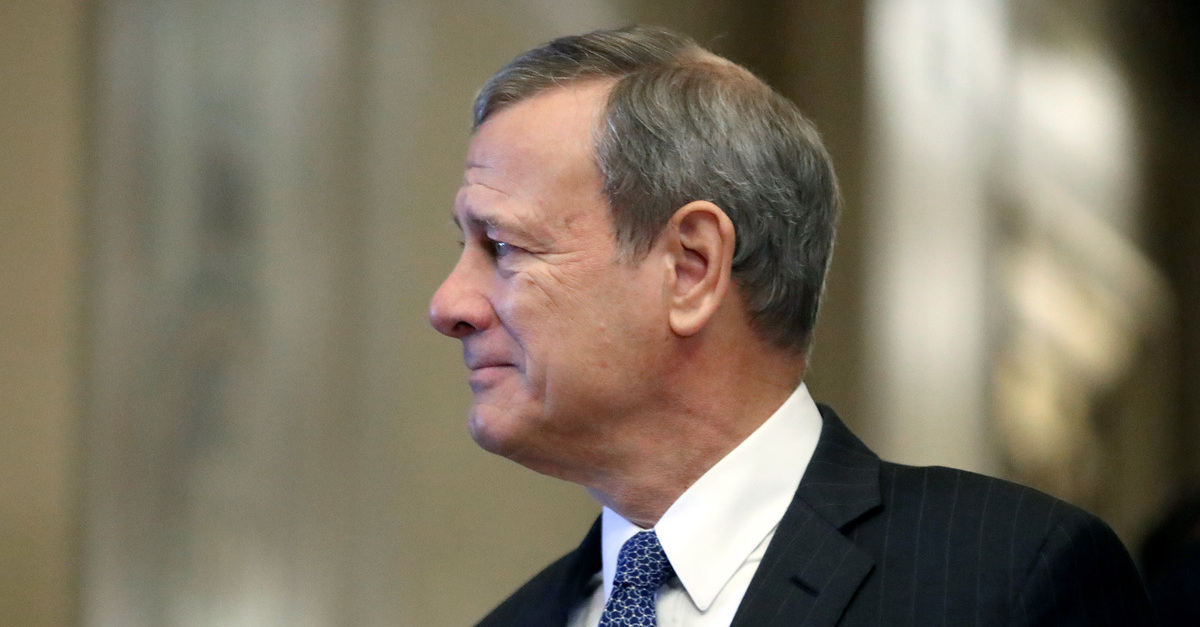
A coalition of movie theater chains and industry groups is suing to relax novel coronavirus (COVID-19) restrictions in New Jersey by arguing that cinemas are similar to churches.
The 29-page lawsuit filed in federal court on Monday claims the Garden State’s current closure regime makes “unconstitutional and unlawful distinctions in allowing certain places of public assembly to reopen, while requiring movie theatres [sic] to remain closed.”
Such distinctions afford decidedly preferential treatment to churches and other places of worship under executive orders promulgated by Democratic New Jersey Governor Phil Murphy, the plaintiffs note.
Arguing that the “government-mandated total closure” of movie theaters is both unfair and unreasonable, the lawsuit alleges multiple violations of the First Amendment, Fifth Amendment, 14th Amendment and the New Jersey State Constitution.
Generally, the lawsuit complains that New Jersey’s phased reopening schedule has effectively stalled in Stage 2–which permits for the reopening of retails stores and indoor shopping malls–while there is currently no forthcoming guidance about when Stage 3 will commence; the stage when movie theaters will be allowed to reopen.
Specifically, the lawsuit cites Murphy’s social distancing exception for religious services issued in late June which provides that “[o]utdoor religious services are exempt from the limit on outdoor gatherings and can exceed the normal capacity of 250 people.” On the same day, the filing notes, the state allowed for indoor “religious indoor gatherings limited to 100 people.”
Such preferential and “disparate” treatment, the lawsuit argues, violates the First Amendment’s prohibition against the government respecting “an establishment of religion.”
“[Governor Murphy has] a legal obligation to promulgate orders that treat like entities in a like manner, and not to create arbitrary or irrational distinctions, particularly where First Amendment rights are at stake,” the lawsuit notes. “Although [Murphy has] issued orders allowing other public assemblies such as religious services and ceremonies to open, they have withheld approval for movie theatres [sic], which are similarly situated, if not less of a risk, from a public health perspective.”
The lawsuit cites an exacting constitutional standard of review in an attempt to beat back the state’s distinction between religious gatherings and moviegoing.
“There is no rational basis for [Murphy’s] distinction between, for example, places of worship and movie theatres [sic] for purposes of reopening, yet [Murphy has] allowed places of worship to reopen while movie theatres [sic] must remain closed, with no scheduled date for reopening,” the filing continues.
But if churches, synagogues, mosques and other places of worship are allowed to flout otherwise applicable social distancing standards suggested by public health authorities, the plaintiffs argued, movie theaters should be allowed to do the same.
U.S. Supreme Court Chief Justice John Roberts has a starring role in this permutation of the show business groups’ argument:
As Chief Justice Roberts stated in South Bay Pentecostal Church v. Newsom, “movie showings” are “comparable secular gatherings” to religious services, in that “large groups of people gather in close proximity for extended periods of time.” In South Bay Pentecostal, the Supreme Court held that comparable treatment of places of worship and movie theatres [sic] in connection with reopening was consistent with the Free Exercise Clause of the First Amendment.
The cited case was actually a rejection of a church’s efforts to override social distancing guidelines in California.
The church was denied an injunction by the Supreme Court and Roberts issued a brief–and generally unnecessary–defense of his decision to deny the injunction. The precedential value of this citation is questionable but the chief justice used the opportunity to explain some basic constitutional principles.
“Although California’s guidelines place restrictions on places of worship, those restrictions appear consistent with the Free Exercise Clause of the First Amendment,” Roberts noted. “Similar or more severe restrictions apply to comparable secular gatherings, including lectures, concerts, movie showings, spectator sports, and theatrical performances, where large groups of people gather in close proximity for extended periods of time.”
In other words, restrictions on places of worship are allowed so long as similar restrictions apply to secular places. The lawsuit is arguing the inverse: if restrictions are lifted on places of worship, the Constitution demands they be lifted on “similarly situated venues.”
Read the full filing below:
NJ Movie Theater Lawsuit by Law&Crime on Scribd
[image via Mark Wilson/Getty Images]